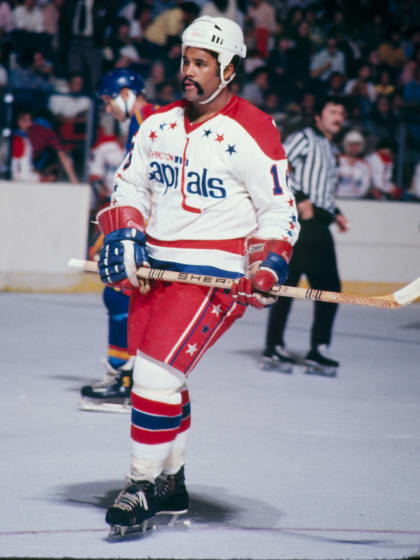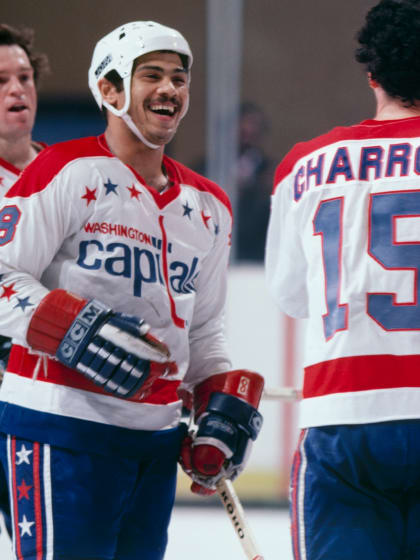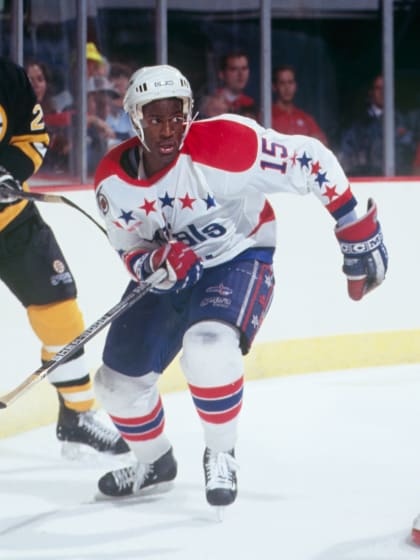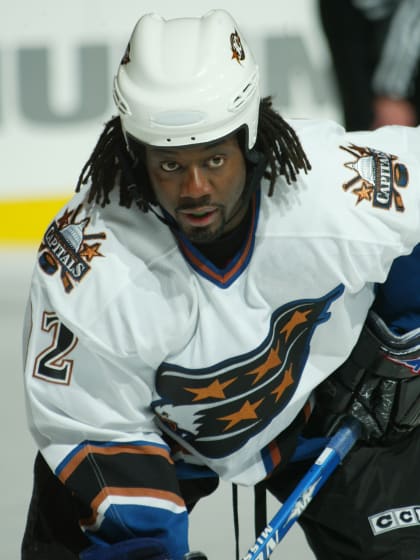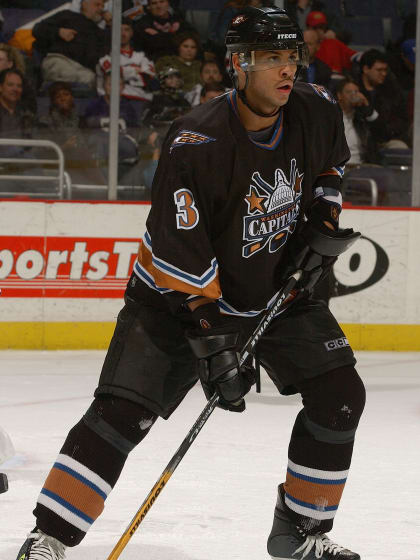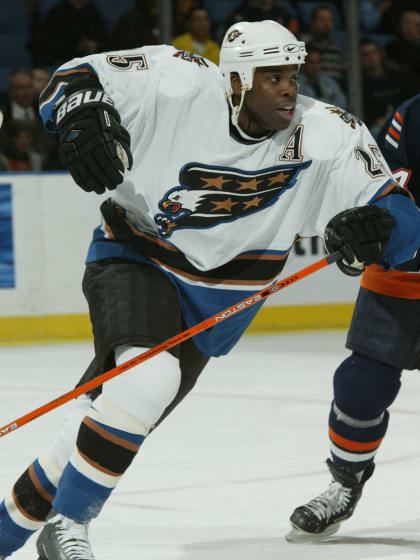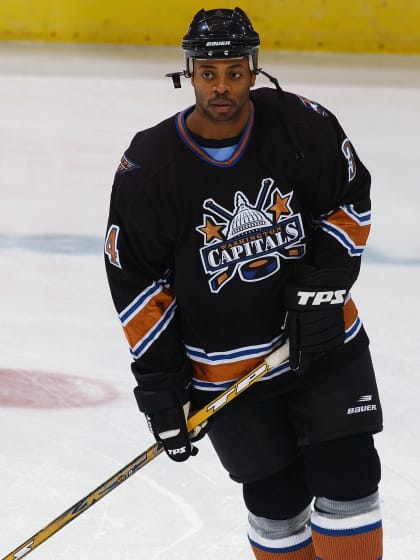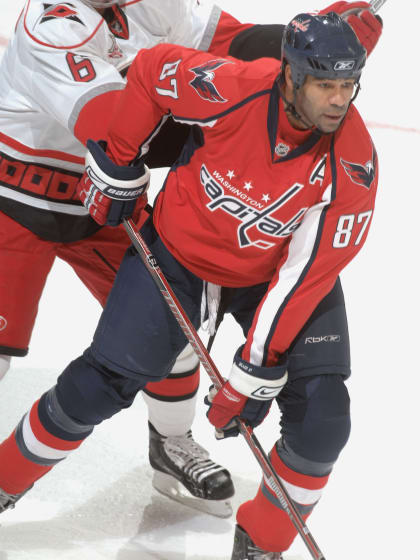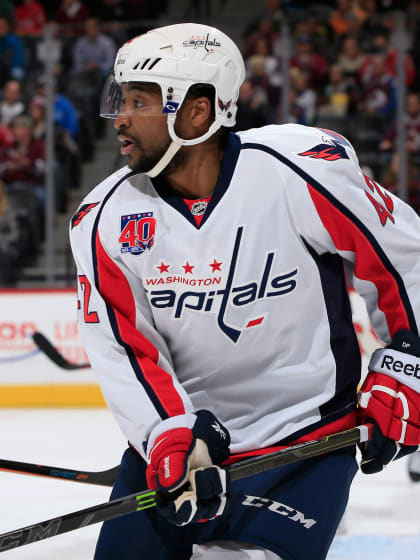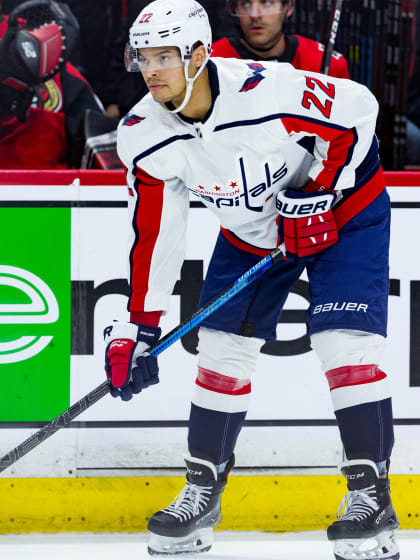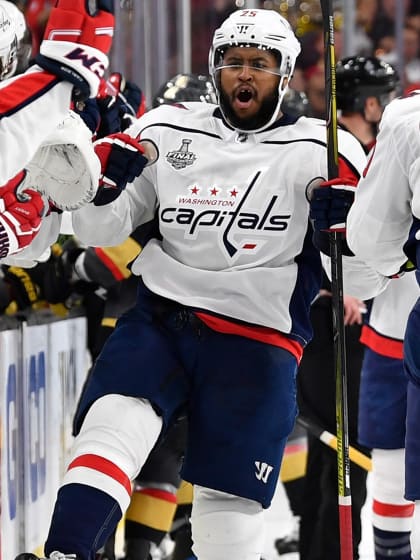One of the most fearsome fighters of his era, Donald Brashear was born in Bedford, Indiana but his family moved to Quebec when he was young. Brashear grew up in a dangerous and dysfunctional family, and began playing hockey at the age of eight, after moving in with a foster family.
Brashear spent three seasons in the QMJHL with Longueuil and Verdun, and the Montreal Canadiens signed him as a free agent in the summer of 1992. He began a pro career that stretched over the better part of two decades in 1992-93, playing for AHL Fredericton in the Habs' organization.
After a season-plus with Fredericton, Brashear made his NHL debut with Montreal on Nov. 15, 1993 in Ottawa. He picked up an assist in his debut and scored his first NHL goal in his second game, a home contest against the Oilers at the fabled Montreal Forum.
Brashear spent parts of four seasons with the Habs, managing only three goals and 10 points in 111 games along with a whopping 358 PIM. Dealt to Vancouver early in the 1996-97 season, Brashear had his longest NHL tenure with the Canucks, where he spent five years and skated in 388 games. In 1997-98, he led the NHL and set a Canucks club mark with 372 PIM.
While with the Canucks in 1999-00, Brashear was the victim of a notorious stick-swinging incident when Marty McSorley took a two-handed swing at Brashear's head from behind, an ugly incident in which Brashear's head hit the ice - his helmet fell off - when he went down.
Brashear notched a career high 11 goals with the Canucks in 1999-00, and recorded a career best 32 points the following season, split between Vancouver and Philadelphia.


